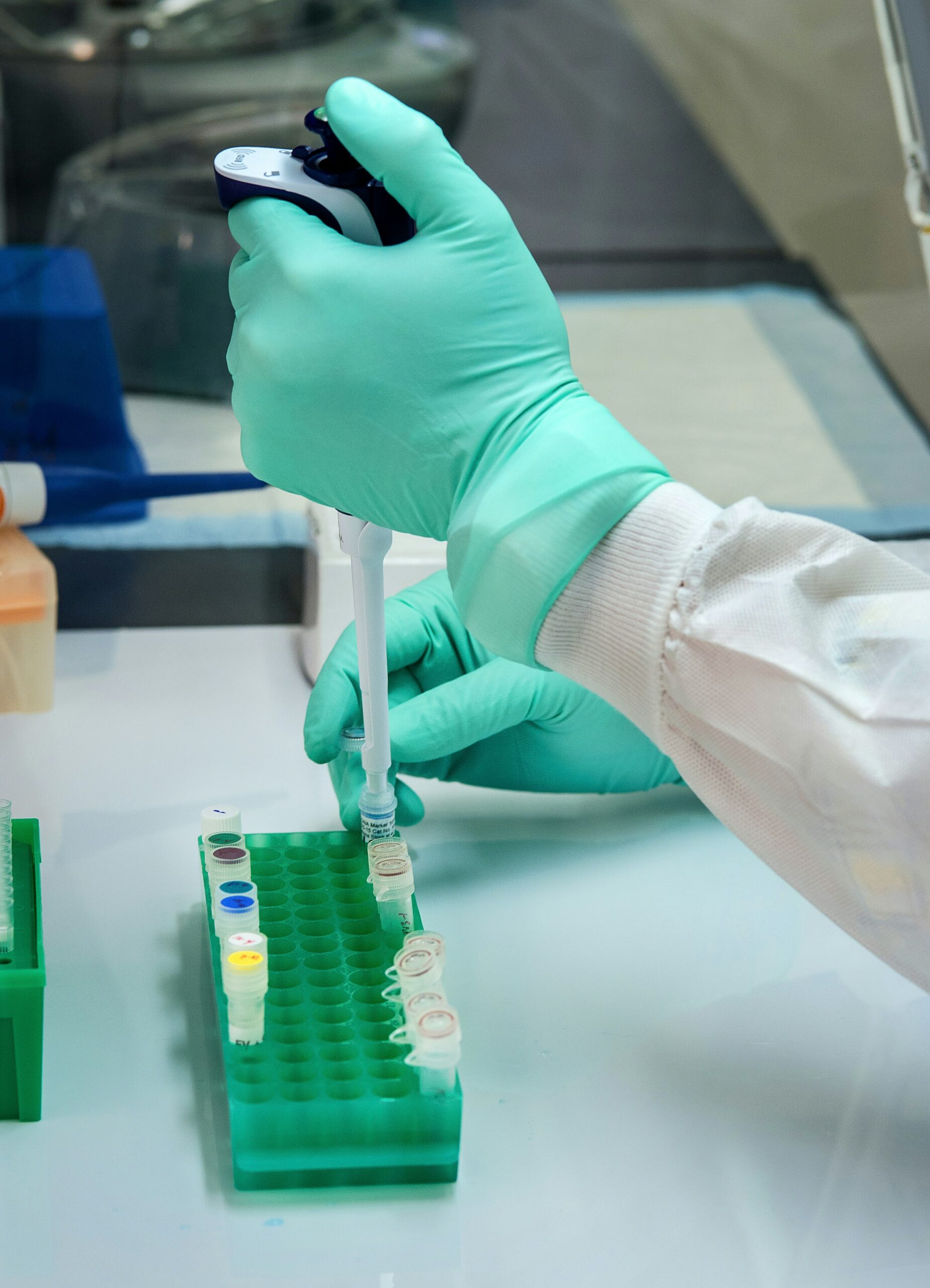
The healthcare landscape is undergoing a profound transformation, fueled by pioneering innovations that are redefining how we diagnose, treat, and prevent diseases. These advancements are not only enhancing the quality of care but are also making healthcare more accessible and personalized. In this article, we will explore some of the most impactful innovations in healthcare that are transforming patient care and shaping the future of medicine.
Personalized Medicine: The New Frontier in Treatment
Personalized medicine is revolutionizing healthcare delivery by tailoring treatments to each patient’s characteristics. This approach considers factors such as genetic makeup, lifestyle, and environment to create customized treatment plans that are more effective and less prone to adverse effects.
One of the most significant breakthroughs in personalized medicine is in oncology. By analyzing the genetic mutations that drive a patient’s cancer, oncologists can develop targeted therapies that specifically attack those mutations. This precision has led to the development of therapies that are more effective than traditional treatments and have fewer side effects. Beyond cancer, personalized medicine is making strides in treating cardiovascular diseases, diabetes, and neurological disorders, offering new hope to patients with complex and chronic conditions.
Artificial Intelligence: Enhancing Diagnostics and Treatment
Artificial Intelligence (AI) is making a significant impact on healthcare by improving the accuracy and efficiency of diagnostics and treatment. AI algorithms can analyze vast amounts of data, including medical images, patient records, and genetic information, to identify patterns and make predictions that would be impossible for humans to detect.
In diagnostics, AI-powered tools are being used to detect diseases at earlier stages. For example, AI can analyze medical images like MRIs and CT scans to identify tumors or other abnormalities with remarkable accuracy. This early detection can lead to earlier intervention and better patient outcomes. AI is also being used to develop personalized treatment plans by analyzing a patient’s unique data to determine the most effective therapies. This approach is helping to reduce trial-and-error in treatment, leading to faster recovery and improved patient satisfaction.
Telehealth: Bridging the Gap in Healthcare Access
Telehealth is especially beneficial for patients in rural or underserved areas who may have limited access to healthcare providers. It also provides a convenient option for patients with chronic conditions who require regular monitoring but may find it difficult to travel. With the rise of wearable devices and remote monitoring technology, patients can now track their health metrics in real time and share this data with their healthcare providers, enabling more proactive and personalized care.
Gene Editing: Unlocking New Possibilities in Treatment
Gene editing is one of the most exciting and potentially transformative innovations in healthcare. Technologies like CRISPR-Cas9 have made it possible to precisely edit genes, opening up new possibilities for treating genetic diseases that were once considered incurable.
Gene editing has already shown promise in treating conditions like cystic fibrosis, sickle cell anemia, and muscular dystrophy. By correcting the underlying genetic mutations that cause these diseases, researchers are working towards potential cures rather than just managing symptoms.
Regenerative Medicine: Healing and Rebuilding Tissues
Stem cell therapy is one of the most promising areas of regenerative medicine, with the potential to treat a wide range of conditions, from spinal cord injuries to heart disease. Stem cells have the unique ability to develop into different types of cells, making them a powerful tool for repairing damaged tissues and organs. Tissue engineering and 3D bioprinting are also advancing rapidly, with scientists now able to create lab-grown tissues and even entire organs. These technologies could one day eliminate the need for donor organs and provide new hope to patients with life-threatening conditions.
Immunotherapy: A New Era in Cancer Treatment
One of the most successful forms of immunotherapy is checkpoint inhibitors, which have been shown to be highly effective in treating cancers like melanoma and lung cancer. These drugs work by blocking proteins that prevent the immune system from attacking cancer cells, effectively unleashing the body’s natural defenses. Immunotherapy is also being explored as a treatment for other diseases, including autoimmune disorders and infectious diseases, offering new hope for patients with conditions that have been difficult to treat with traditional therapies.
The innovations in healthcare are driving a new era of medical excellence, offering more personalized, effective, and accessible care than ever before. From customized medicine and AI-powered diagnostics to gene editing and regenerative therapies, these advancements are transforming patient care and improving outcomes for millions of people worldwide. As these technologies continue to evolve, they hold the potential to revolutionize healthcare further, making it possible to treat and even cure diseases that were once considered untreatable. The future of healthcare is bright, and these pioneering innovations are at the forefront of this exciting transformation.